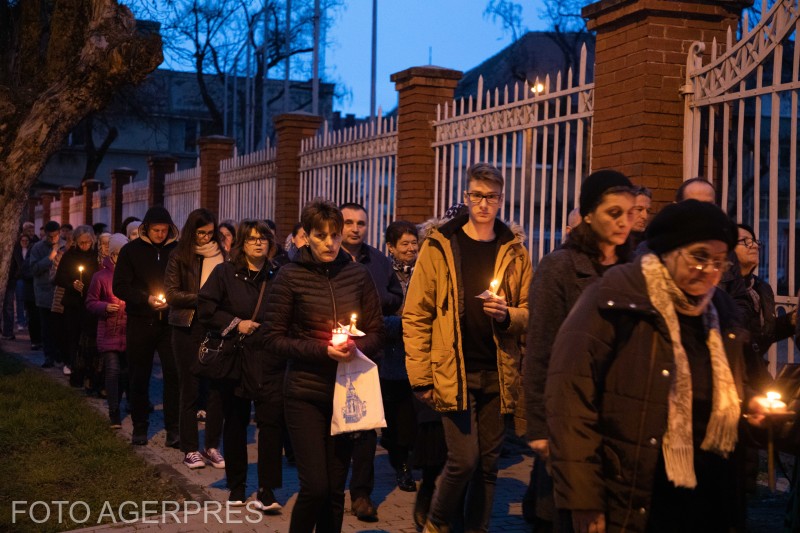The Hexi Pharma Scandal
Hexi Pharma is being prosecuted for actions running counter to disease prevention and counterfeiting, in the case known as the diluted disinfectants scandal.

Leyla Cheamil, 17.05.2016, 13:11
A large-scale scandal is now revealing how feeble the Romanian health-care sector is. Just a few weeks ago, a journalistic investigation showed how the concentration of disinfectants supplied by Hexi Pharma to health-care units all over the country was up to ten times lower than legally required. Such accusations are serious, given that patients’ lives really depend on how sterile operating rooms, instruments and wards are.
Controls conducted in dozens of hospitals across the country have substantiated the conclusions of the journalistic investigations. The findings were so worrying that surgery was cancelled for days in some hospitals. Overwhelmed by the situation, the Health Minister resigned and the General Prosecutors’ Office started investigating Hexi Pharma, accused of carrying out activities running counter to disease prevention and counterfeiting.
President Klaus Iohannis and PM Dacian Ciolos talked about the situation and decided the law on public procurement in the health-care sector had to be rapidly amended, so as to ensure a tighter control of products used in hospitals. Therefore, a standardization of such procurement would lead to equipping health-care units with materials that observe legal parameters and therefore do not put people’s lives in danger.
As for how long such diluted disinfectants have been used in hospitals, the investigation conducted by the General Prosecutor’s Office will tell. The Romanian Intelligence Service claims that it has for five years sent notifications about the bad quality of the disinfectants used in hospitals to the presidency, the Prime Minister, ministers, prefects, county councils. The chairman of the parliamentary committee in charge of controlling the activity of the Romanian Intelligence Service, Georgian Pop, has announced he is to receive, in the coming days, a report on the notifications submitted to the legal beneficiaries, regarding hospital-acquired infections. Georgian Pop:
“Which legal beneficiaries have been informed and for how long? These are the main elements of the investigation that is being conducted and it’s quite normal, because it is an issue of public interest. This negative and totally unwanted phenomenon is one of the Intelligence Service’s by-interests, because, after all, it’s a matter of people’s constitutional right to health, the phenomenon has been known and the legal beneficiaries have been informed.”
Also in relation to this scandal, the National Judges Association has called on the Higher Council of the Magistracy to inform the Judicial Inspection Department about the way in which prosecutor’s offices across the country used the notifications submitted by the Romanian Intelligence Service regarding the use of diluted disinfectants in hospitals. And that because, judges say, the proper use of such information would have prevented thousands of Romanians from getting sick.
(Translated by M. Ignatescu)






























